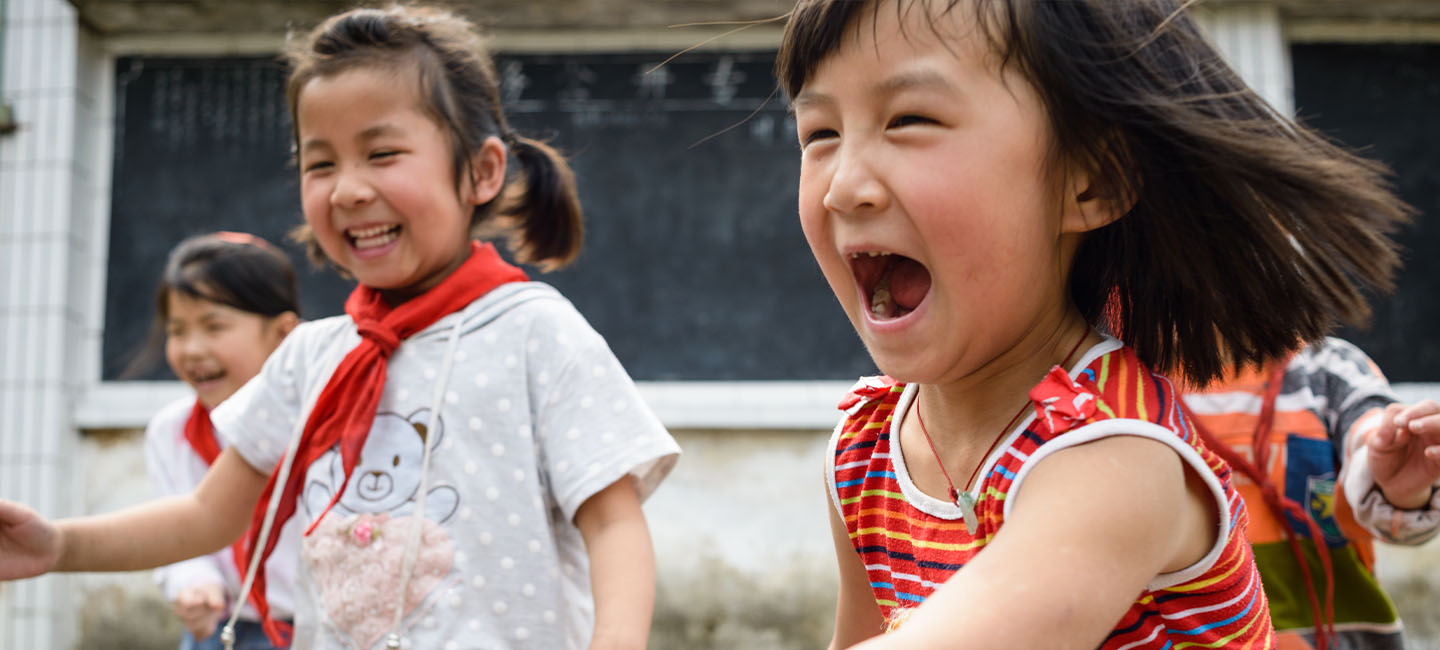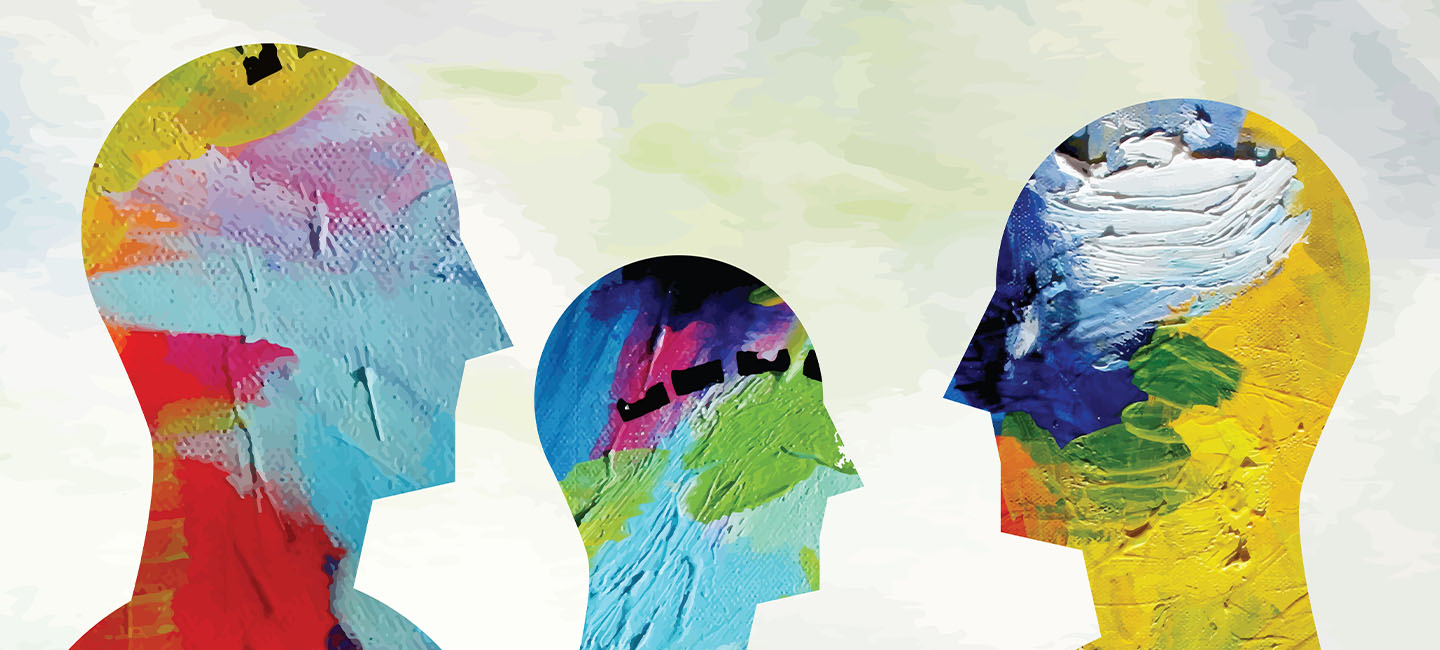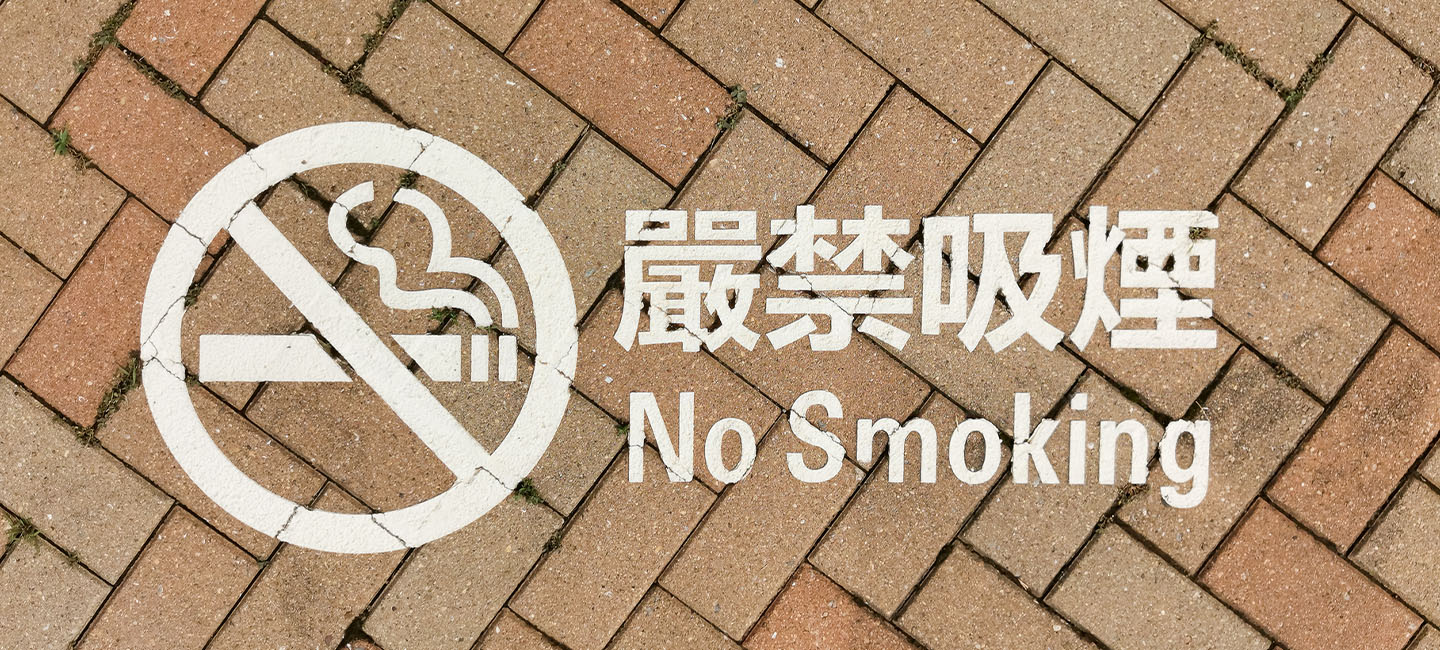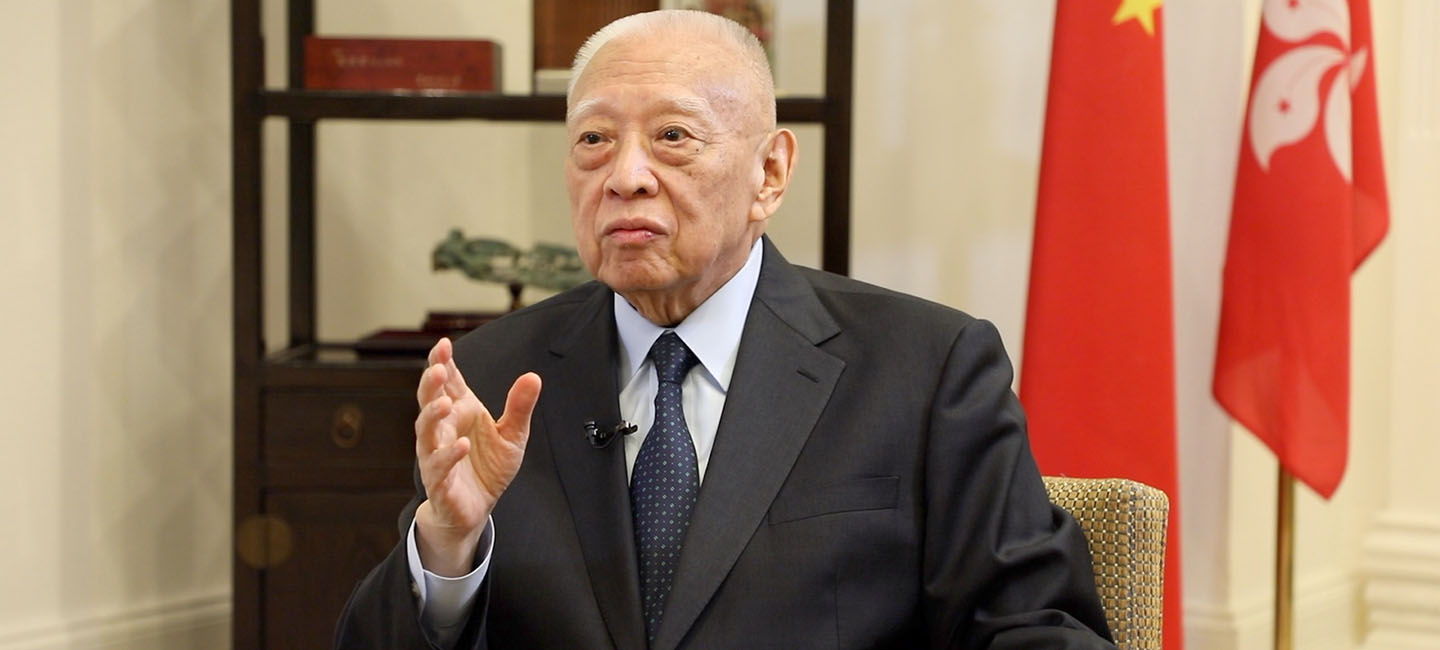Today, almost every girl and boy in China goes to school, but that wasn’t the case 70 years ago, when close to 80% of the country was illiterate. James Chau recalls his old neighborhood in Beijing, the local elementary school behind his home, and how China’s education system has transformed for hundreds of millions of children. Today, China is close to eliminating poverty and produces the largest number of science graduates in the world, innovating a new future for generations to come. So, how did China catch up with the rest of the world?
SEE MORE EPISODES
Recent Episodes
- Nov 07 , 2019 |Once considered taboo to discuss, mental health is now rising up on the global agenda, including at this year's UN General Assembly, as the evidence linking it to wellbeing, the economy, and our future continues to build. In China, overcoming this challenge is all the more critical, as 1.4 billion people contend with the changing expectations, pressure, and income inequality that has accompanied the country’s dramatic drastic economic transformation of the last 40 years. Depression, anxiety, and bipolar disorder have become some of the new realities - but with few resources available to those that struggle with their mental health, some people must turn to their own methods for maintaining their wellbeing. We look at the emerging trends and the cultural traditions that could offer hope for the future.
- Nov 07 , 2019 |The tobacco epidemic is one of the biggest crises of our times with 8 million people dying of a tobacco-related illness every year. But in addition to illness and death, it's also tied to impoverishment. This triple impact is felt deeply in China, where many people continue to either smoke or be exposed to second-hand smoke. James Chau speaks with Dr Angela Pratt, who was part of the ministerial team in Australia that introduced plain packaging to the world - and now works on tobacco control, as well as other areas of health, at the World Health Organization. She shares her insights on China, a country she has lived and worked in, and why she believes its creation of smoke-free cities provides a template for a happier future.
- Oct 28 , 2019 | Social GoodIn the final part of our conversation with Tung Chee-hwa, First Chief Executive of Hong Kong, Mr. Tung discusses how China’s transformation out of an impoverished, isolated country has contributed to global peace. Since China's opening-up to the world, and the establishment of ties with the U.S., no American soldier has died on a battlefield in East Asia. He also shares his thoughts on how looking back can help us move forward, and how it’s up to the stakeholders including the young people of today to make the world a better place to live.




